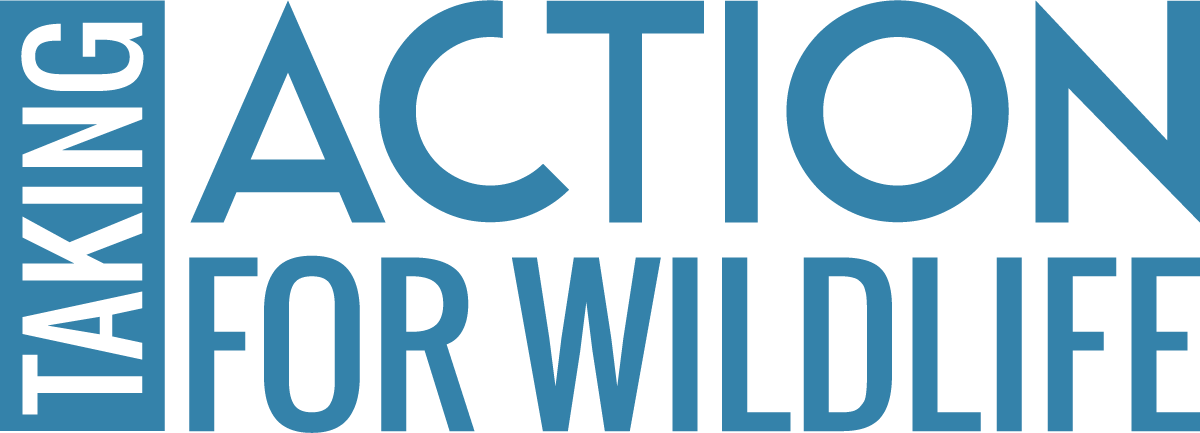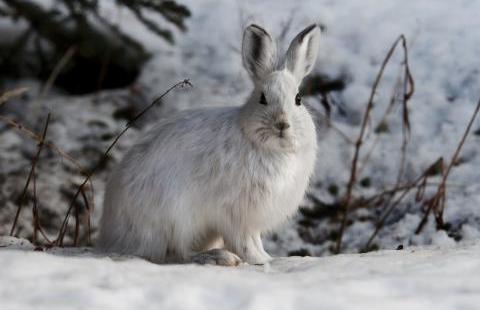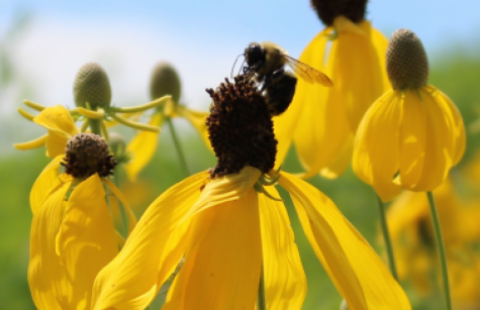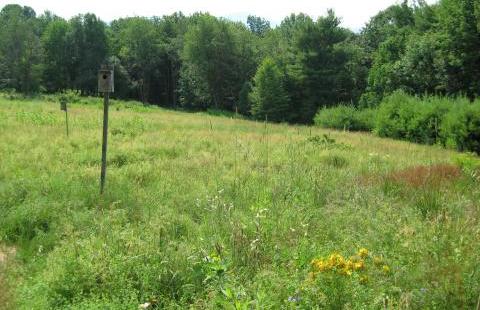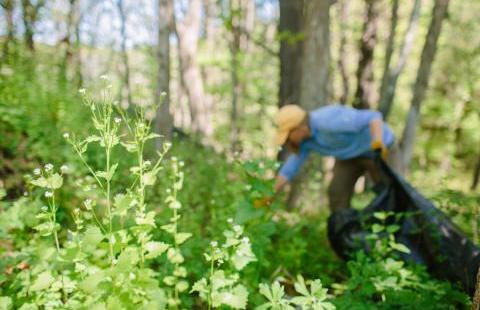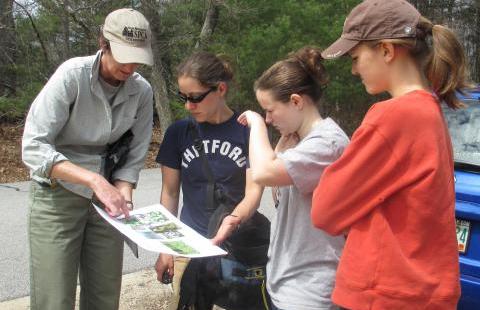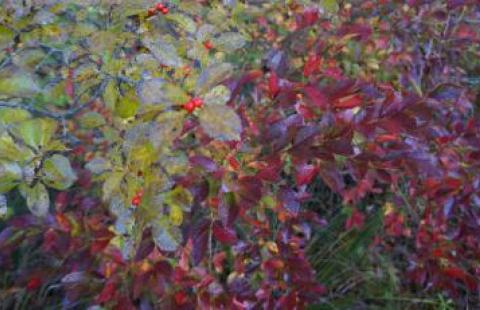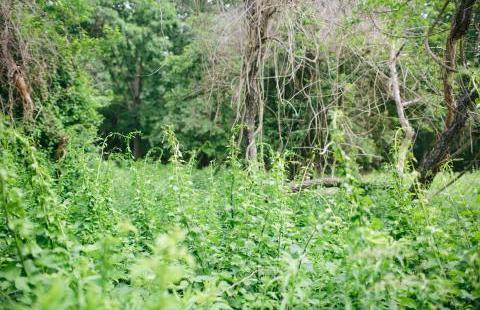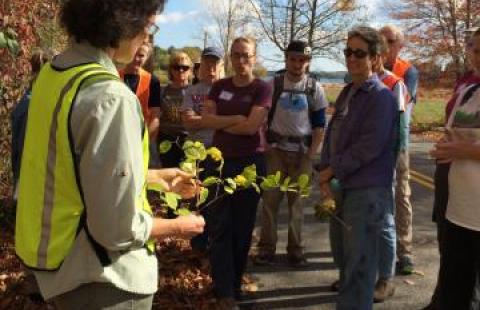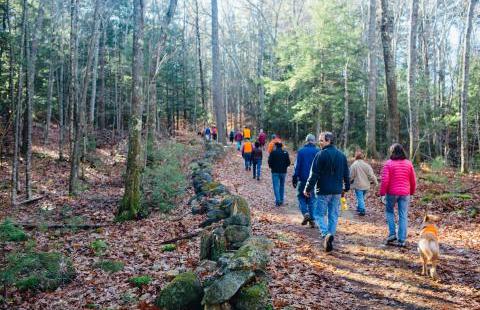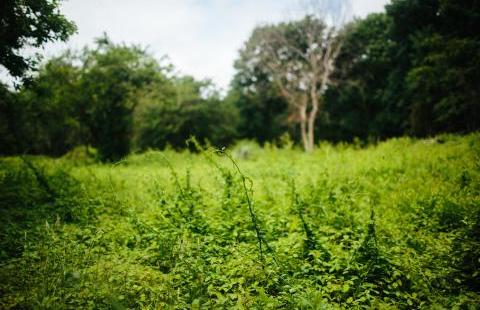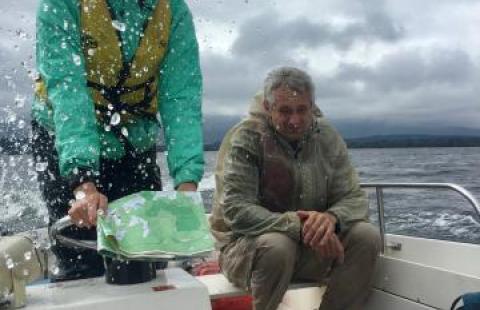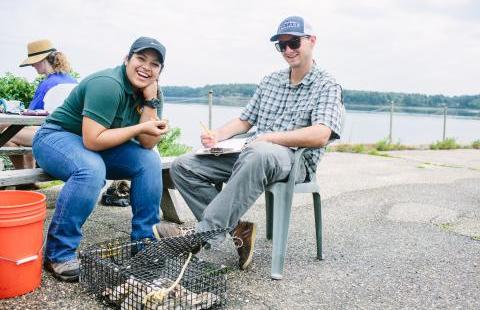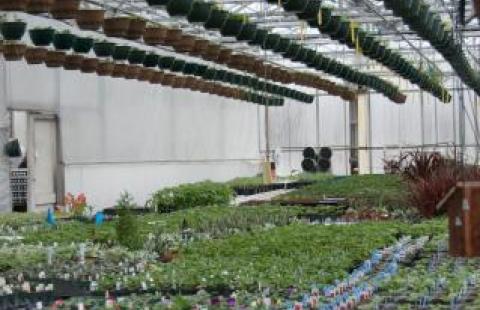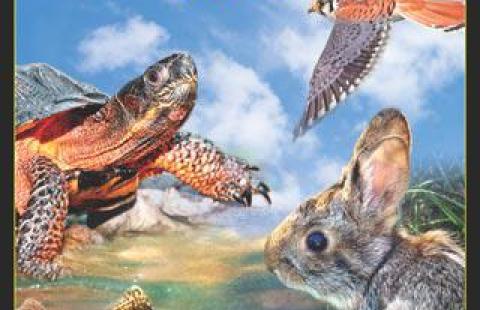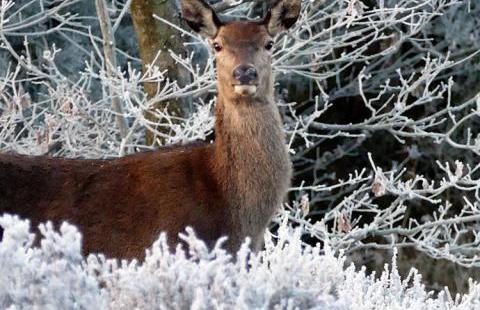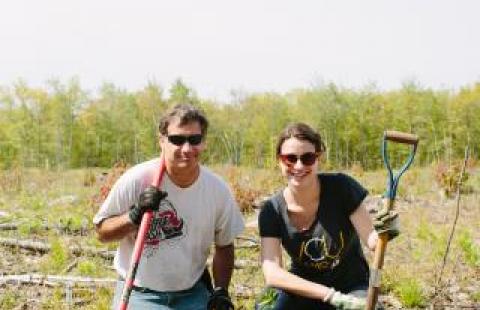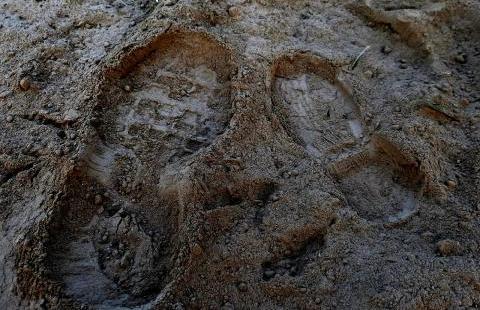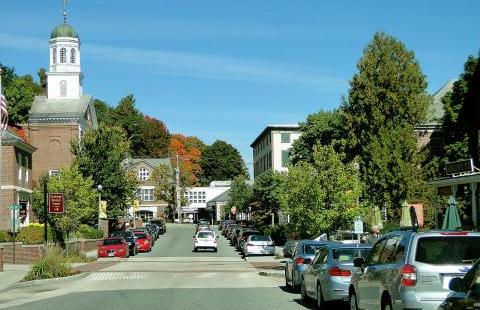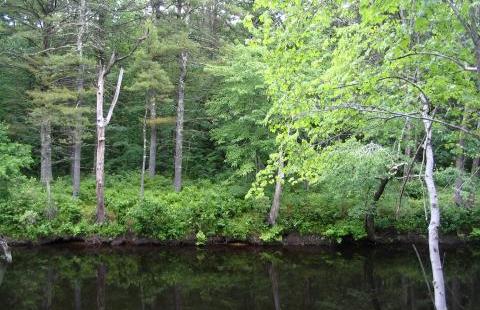Climate change is throwing a number of curveballs at NH's wildlife. While rising temperatures often get the most attention, we're also seein...
Learn More
One thing everyone can do to support local pollinators is plant pollinator-friendly gardens - diverse groups of native flowers that will provide a ran...
Learn More
Farmland provides biological diversity in the landscape, benefiting a number of wildlife species. Farmers can adapt agricultural practices to increase...
Learn More
A great way to learn how to recognize and control invasive plants is to become a volunteer yourself. For many of us, hands-on learning is a great way ...
Learn More
You can use a program called EDDMapS (Early Detection and Distribution Mapping System) on your computer, smartphone or tablet to map invasive plants a...
Learn More
Many familiar plants in our gardens, fields, and along roadsides are not native to New Hampshire. While the majority cause no harm to natural habitat ...
Learn More
Invasive plants pose a serious threat to our native habitats and wildlife. One of the best things you can do to help stop the spread of invasive plant...
Learn More
Many people are not aware of invasive species or the potential problems they create. Helping to educate others about invasives increases the number of...
Learn More
Invasive insects and diseases can have devastating impacts on the managed and natural environments into which they are introduced.
Learn More
One of the best ways to promote protection of natural areas in your community is to get everyone outside enjoying conserved land.
Learn More
Invasive plants often take over places where soils or existing plants have been disturbed – sites like field edges, abandoned farms, roadsides, or at ...
Learn More
Volunteers throughout New Hampshire help to monitor and protect the water quality of our rivers, streams, and lakes. You can get involved to help coll...
Learn More
Citizen Science is a process by which both professional and volunteer scientists collaborate to investigate the world around them. Anyone can become a...
Learn More
Individuals and communities who are looking to help conserve pollinators can plant habitat that supports their populations, including a diversity of ...
Learn More
Here are some ways you can start to get to know New Hampshire's Wildlife Action Plan - the species in need of attention, important habitats, and ...
Learn More
While most people who feed deer in the winter are well-intentioned, there are a number of negative consequences to their actions.
Learn More
Volunteering in nature is a great way to learn about natural resources and the environment while giving back to the places you care about. Nature Grou...
Learn More
Ultimately, the best way to protect wildlife and habitats in the face of climate change is to reduce the amount of greenhouse gases that are contribut...
Learn More
There are many opportunities for municipalities to include climate impacts and wildlife protection in plans, policies, and regulations.
Learn More
Wildlife travel corridors are critical for the conservation of wildlife in New Hampshire. The loss of wildlife corridors may result in direct mortalit...
Learn More

